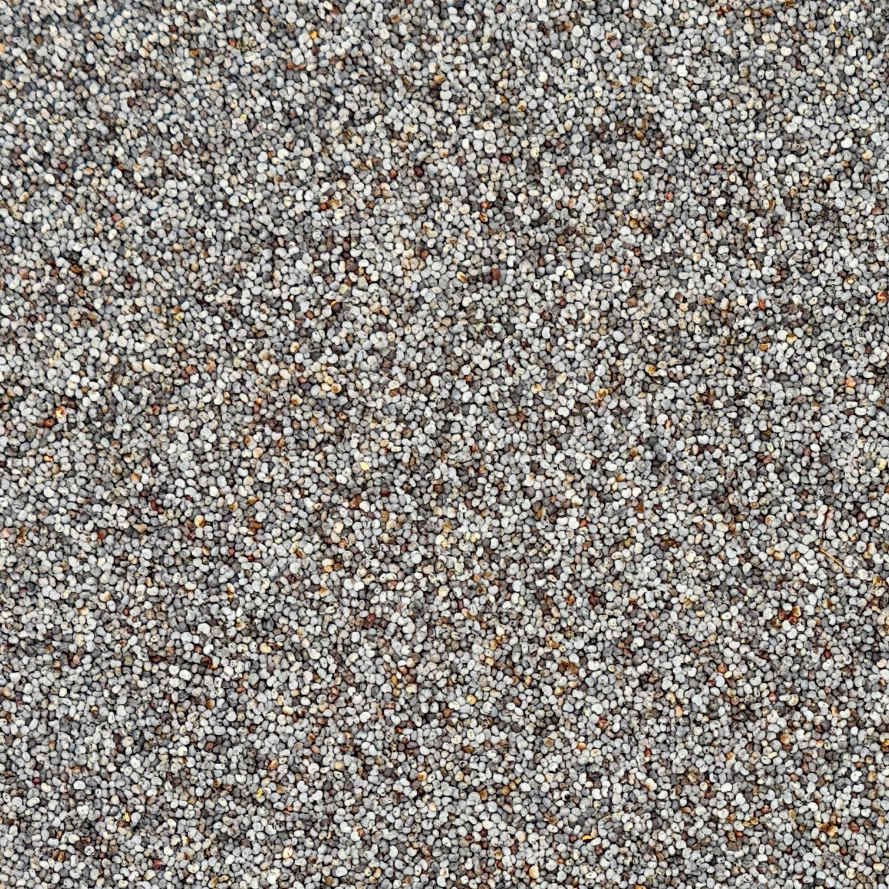Blue poppy seeds are the seeds of the poppy plant, which are used in the kitchen for baked goods and as a garnish. They are small, roundish and have a bluish or grey colour. In terms of nutrition for rodents and birds, blue poppy seeds have mostly positive aspects.
For rodents such as dwarf hamsters, golden hamsters, teddy hamsters, rats, coloured mice, gerbils, chinchillas and degus, blue poppy seeds can be offered in moderation as an occasional treat. They are rich in unsaturated fatty acids and protein, which can contribute to health. However, they should not become a main food source as they tend to be high in fat and calories. Excessive consumption could lead to obesity and other health problems.
Blue poppy seeds are less suitable for guinea pigs and rabbits. These animals mainly need hay, fresh vegetables and high quality fresh food or sometimes dried herbs as their main diet. Blue poppy seeds are high in calories and could cause digestive problems.
For parrots such as budgies, cockatiels, agapornids and sparrows, blue poppy seeds are acceptable in small amounts. They provide some variety and can provide healthy fats and proteins. However, they should not be the main component of the diet. Fresh fruit, vegetables, species-appropriate bird food and seed mixes specially formulated for parrots, finches and parakeets are preferable.
For finches such as zebra finches and canaries, blue poppy seeds in small amounts are fine, but again, they should not be overfed. These birds have specific nutritional needs, particularly in relation to certain vitamins and minerals that can be found in a balanced seed mix and fresh vegetables.
Basically, it is important to provide a varied diet for pets to ensure they get all the nutrients they need. Blue poppy seeds can be offered in small quantities as an occasional treat, but should never be the main source of nutrition. If in doubt, it is advisable to consult a veterinarian or animal nutritionist to ensure that the animals' diet is optimal.





